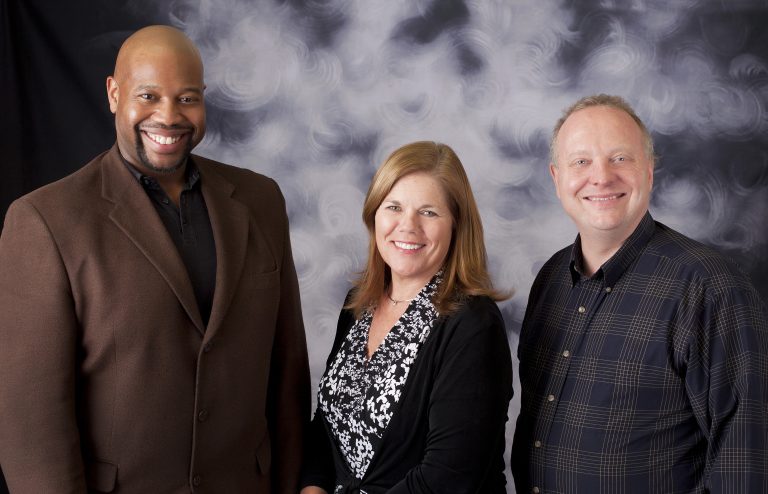Blog

One of the many forms that you will complete in your intake packet is the informed consent form. Many individuals don’t understand exactly what this form is for, but without that form therapy cannot ethically move forward. When you sign the informed consent form you are basically stating that you understand the risks and benefits of therapy, and still want treatment. Psychotherapy is not a benign process. Like medicine, there are risks involved when participating in treatment. When your counselor uses evidence-based practices, they mitigate this risk, but they don’t alleviate it.
By signing the informed consent form, you are stating that you understand what these risks are, and that you are willing to take those risks because of the perceived benefit.
This is why evidence-based practices become very important in the treatment of individuals and therapy, as well as the medical profession. Evidence-based practices provide a layer of protection because the therapeutic techniques have been researched and studied over time and with various populations. For example, there is research being done even today on various psychotropic medications. Before these medicines can be approved by the FDA, most likely they will have to demonstrate that the benefits outweigh the risk and at the risk are not too egregious. During the clinical research trials, participants sign an informed consent form that includes of all the known risk of these medications. In a situation like this the risk is usually higher than the “known” benefits, and the research is being done to determine if the opposite is true. This is why sometimes individuals who have not had a lot of success with other treatments may participate in research. The same goes for psychotherapy. If the theoretical approach being used is not evidence-based, there is some higher risk involved in working with that particular clinician. Most of the time, that is spelled out in the informed consent but not always. I have always recommended to clients that they talk to their therapist about their therapeutic approach to determine whether it is indeed evidence-based. Being more informed about your treatment is one of the reasons for the form in the first place. Make sure you talk to your therapist as well as read the informed consent form thoroughly.
If you are in need of mental health counseling, please reach out to our associates at Behavioral Health Services of Greater Cleveland at one of our two locations: Rocky River and Medina. Family, individual, and couples counseling are available. Please call (866) 466-9591 ext. 0 for an intake.
Related Posts
Founded in 2008, BHSOGC has delivered professional Psychology Services to the greater Cleveland area with offices in Medina and Rocky River. We are a multi-disciplinary group practice with a clinical staff of psychologists, licensed social workers and masters level therapists.




